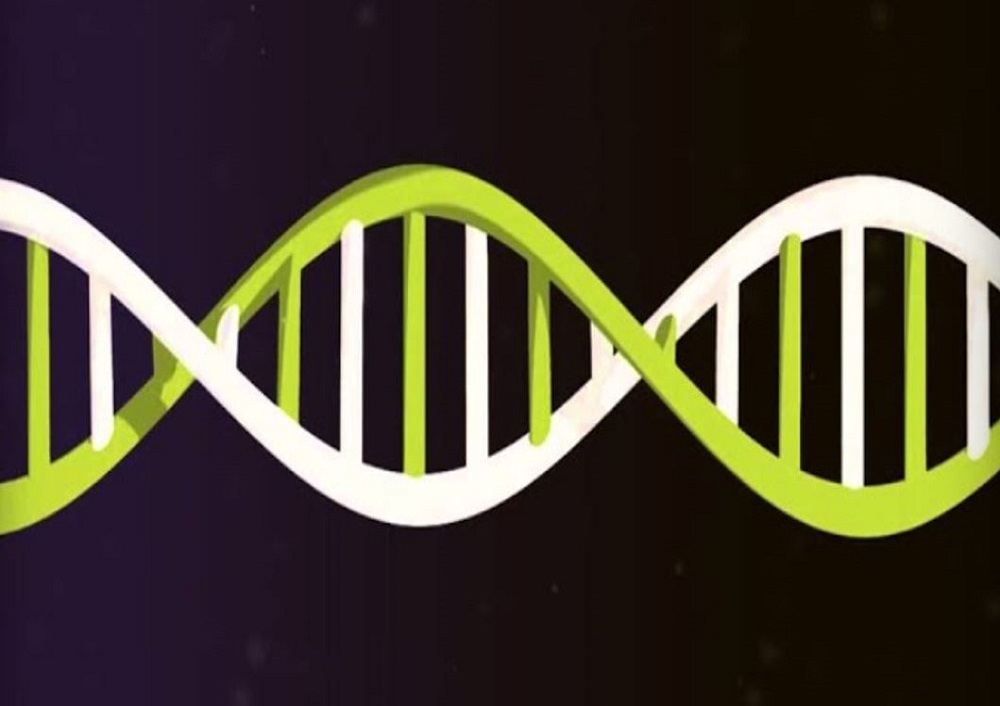New PhDs set to exploit wheat genetics
Wednesday, 21 October 2020
With a focus on cereal genetics, the latest intake of AHDB Cereals & Oilseeds PhD students hopes to solve big production challenges through better understanding the most powerful molecule in nature – DNA.
Starting this autumn, the three students will learn the ropes, exploit the latest knowledge and technology and deliver exciting innovations over the next three to four years.
Wheat germplasm for enhanced competition against black-grass
Highly competitive crops can contribute up to 25% black-grass control. On its own, this is not enough. However, when combined with other non-chemical and chemical control approaches, it all adds up. The trouble is little is known about this aspect. Barley is more competitive than wheat and some varieties are relatively competitive. However, there have been few controlled experiments to quantify these effects (and to determine how management alters the response). This studentship will start to address this. It will include screens of both elite and diverse wheat varieties to identify promising competitive lines. It will also identify extreme-performing parental lines and produce a plant population to help pinpoint the genetic basis of competitiveness.
Wheat germplasm for enhanced competition against black-grass
Improving integrated pest management of aphid BYDV vectors
Some aphids can transmit Barley yellow dwarf virus to cereal crops. There is increasing demand for control measures based on integrated pest management (IPM). Crops that are resistant to the virus are an important step forward. However, the exploitation of crop genetics could even help prevent aphids locating crops in the first place. This studentship will investigate why some crops/varieties are more attractive to aphids. It will include studies of the volatile chemicals produced by highly susceptible winter wheat varieties. Through understanding this phenomenon better, it may be possible to develop trap-crop approaches to lure aphids away from precious cash crops.
Improving integrated pest management of aphid BYDV vectors
A model for wheat cultivars and optimisation for climate scenarios – Sim Farm 2030
The relatively mature UK trialling system provides the industry with excellent variety performance data. However, there is always a hunger for more – particularly information on performance under specific conditions (e.g. weather and soil). With trial costs high, there is interest in using relatively low-cost models to assess and predict varietal performance. Such computer-based approaches could even help breeders select lines that are most likely to perform well under various climate-change scenarios. This studentship will develop and validate such a model – ‘Sim Farm 2030’. The work will apply cutting-edge machine-learning, data-driven techniques to model the yield of wheat cultivars under various scenarios.
A model for wheat cultivars and optimisation for climate scenarios – Sim Farm 2030
AHDB Cereals & Oilseeds PhDs
To find out more about our PhDs – past and present – simply head to our research pages, check the ‘Cereals & Oilseeds’ sector box, and search for the keyword ‘PhD’.
 AHDB
AHDB
Topics:
Sectors:
Tags:

